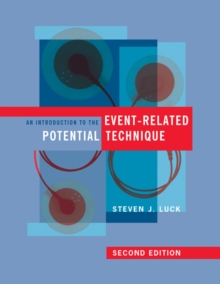
Schools for Thought : A Science of Learning in the Classroom Paperback / softback
by John T. (President, James S. McDonnell Foundation) Bruer
Part of the A Bradford Book series
Paperback / softback
Description
Schools for Thought provides a straightforward, general introduction to cognitive research and illustrates its importance for educational change. If we want to improve educational opportunities and outcomes for all children, we must start applying what we know about mental functioning-how children think, learn, and remember in our schools.
We must apply cognitive science in the classroom. Schools for Thought provides a straightforward, general introduction to cognitive research and illustrates its importance for educational change. Using classroom examples, Bruer shows how applying cognitive research can dramatically improve students' transitions from lower-level rote skills to advanced proficiency in reading, writing, mathematics, and science.
Cognitive research, he points out, is also beginning to suggest how we might better motivate students, design more effective tools for assessing them, and improve the training of teachers.
He concludes with a chapter on how effective school reform demands that we expand our understanding of teaching and learning and that we think about education in new ways.
Debates and discussions about the reform of American education suffer from a lack of appreciation of the complexity of learning and from a lack of understanding about the knowledge base that is available for the improvement of educational practice.
Politicians, business leaders, and even many school superintendents, principals, and teachers think that educational problems can be solved by changing school management structures or by creating a market in educational services.
Bruer argues that improvement depends instead on changing student-teacher interactions.
It is these changes, guided by cognitive research, that will create more effective classroom environments. A Bradford Book
Information
-
Available to Order - This title is available to order, with delivery expected within 2 weeks
- Format:Paperback / softback
- Pages:336 pages
- Publisher:MIT Press Ltd
- Publication Date:22/08/1994
- Category:
- ISBN:9780262521963
Information
-
Available to Order - This title is available to order, with delivery expected within 2 weeks
- Format:Paperback / softback
- Pages:336 pages
- Publisher:MIT Press Ltd
- Publication Date:22/08/1994
- Category:
- ISBN:9780262521963










